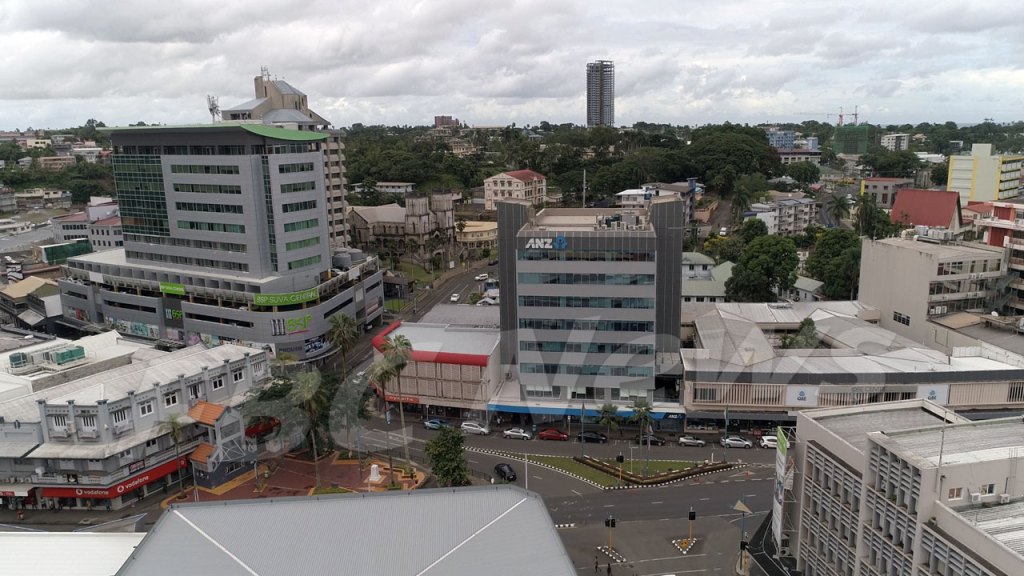
Trade between Fiji and its partners has not faced much disruption during this pandemic.
This is particularly for trade between Australia and New Zealand.
This comes as freight flights between Fiji and its major trading partners have been maintained in the last two years despite limited travel globally at some point.
The Australian High Commissioner to Fiji, John Feakes, says Kava is becoming a growing commodity in many countries, with a pilot program recently launched looking to increase its sale and distribution in Australia.
“And we are hoping that once that pilot is finished, we will see kava exports in commercial quantities pick up in Australia. At the moment, you can take in 4 kilos for personal use. But we know that Fiji Kava is the best in the world and we are keen to see it enter the market in commercial quantities.”
Meanwhile, New Zealand High Commissioner to Fiji, Charlotte Darlow, reiterates that trade is an integral part of bilateral relations and continues to work with the government to ensure it remains as undisrupted as possible.
“As governments, we’ve tried to step through how to address some of those challenges in a time of COVID and you will see us may be looking at maybe using airlines a little bit differently and maybe supporting shipping routes differently, but I am hoping that we have help to manage some of those disruptions as much as we possibly can.”
Commissioner Darlow and Feakes have also shared similar sentiments that the Fijian Drua opens up discussions to explore new trade opportunities with Fiji in other sectors.
Credit: Fbc Tv





